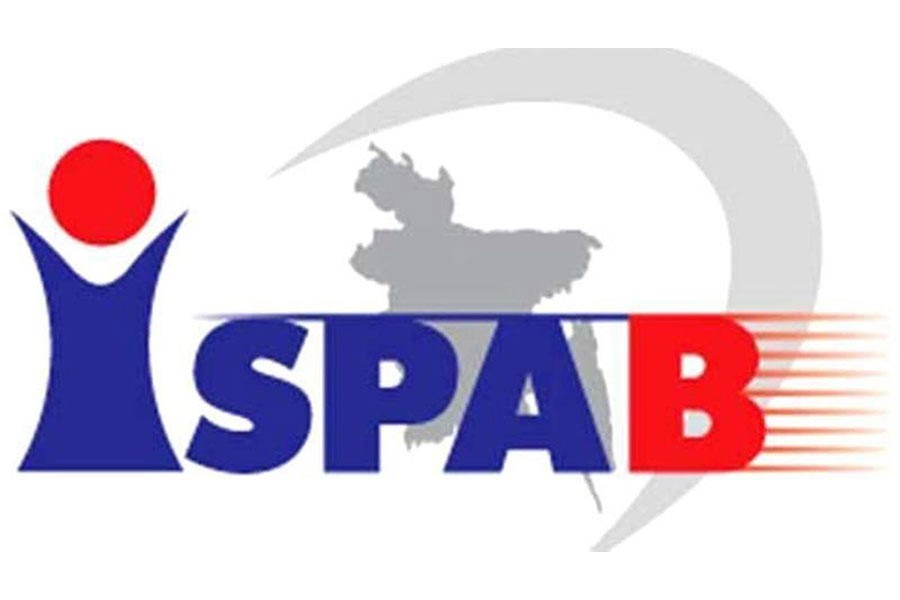
Published :
Updated :

The Internet Service Providers Association of Bangladesh (ISPAB) has issued a strong call for comprehensive reforms in the country's telecom policy, warning that regulatory ambiguity, arbitrary pricing, and unequal treatment are threatening the sustainability of local internet service providers.
The appeal came during a workshop titled 'Draft Telecom Policy and Challenges of the ISP Industry', organised by the Telecom and Technology Reporters Network Bangladesh (TRNB) at the RAOWA Club in the capital's Mohakhali area on Saturday.
At the event, ISPAB leaders expressed grave concern over the recent entry of satellite-based internet services such as Starlink, which, they noted, began operations in Bangladesh without clarity on regulatory compliance.
They urged the authorities to ensure that such providers are brought under the same licensing and operational framework as local ISPs to safeguard national interests and ensure fair competition in the digital marketplace.
Addressing the media, ISPAB President Aminul Hakim said the proposed draft of the Telecom Policy had triggered the biggest policy crisis in the last 27 years.
He criticised the Bangladesh Telecommunication Regulatory Commission (BTRC) for attempting to fix the broadband price at BDT 400 without consulting industry stakeholders.
Calling the initiative "unrealistic" and politically motivated, he argued that delivering high-speed internet at such a rate was unfeasible unless the government offered concrete policy and fiscal concessions.
Hakim pointed out that private ISPs already face significant financial pressure, with around 60 percent of their revenue absorbed through various taxes and fees collected by the government.
In this context, he stressed that expecting local operators to cut prices further would be economically unsustainable.
Instead, ISPAB proposed offering a more realistic and viable 50 Mbps broadband package for BDT 800, ensuring both affordability and service quality for consumers.
The association also rejected the current revenue-sharing model, calling it fundamentally unfair.
Hakim argued that it was the government's responsibility to bear the cost of social obligations, not private enterprises already burdened by high operational costs.
ISPAB Secretary General Nazmul Karim Bhuiyan underscored the urgent need for active network sharing to reduce infrastructure duplication and service costs. He cited an initiative in Dhanmondi, where 77 ISPs have successfully launched joint operations through a common 1 Gbps cable line, as a successful model that could be replicated nationwide.
The ISPAB leadership further demanded that last-mile connectivity remain under the control of ISPs, as this segment is critical to service delivery and customer experience. They also called for a rationalisation of NTTN charges, urging that these fees be reduced to a single-digit percentage to lower consumer prices and reduce market distortions.
Criticising the lack of consistency in pricing regulation, the association noted that while mobile operators are governed by both floor and ceiling prices, ISPs are constrained only by a ceiling, putting them at a competitive disadvantage. ISPAB insisted that the introduction of both floor and ceiling prices for ISPs is essential to create a fair and stable digital economy.
Mobarak Hossain, a lifetime member of ISPAB, presented the association's full proposal, while former presidents Abdus Salam and Imdadul Haque joined others in voicing concern over what they termed an increasingly "discriminatory" regulatory environment.
TRNB President Samir Kumar Dey presided over the session, which concluded with a unanimous call for inclusive, rational, and forward-looking telecom policies that ensure the sustainability of local ISPs, support innovation, and create a competitive digital landscape in Bangladesh.
bdsmile@gmail.com


 For all latest news, follow The Financial Express Google News channel.
For all latest news, follow The Financial Express Google News channel.